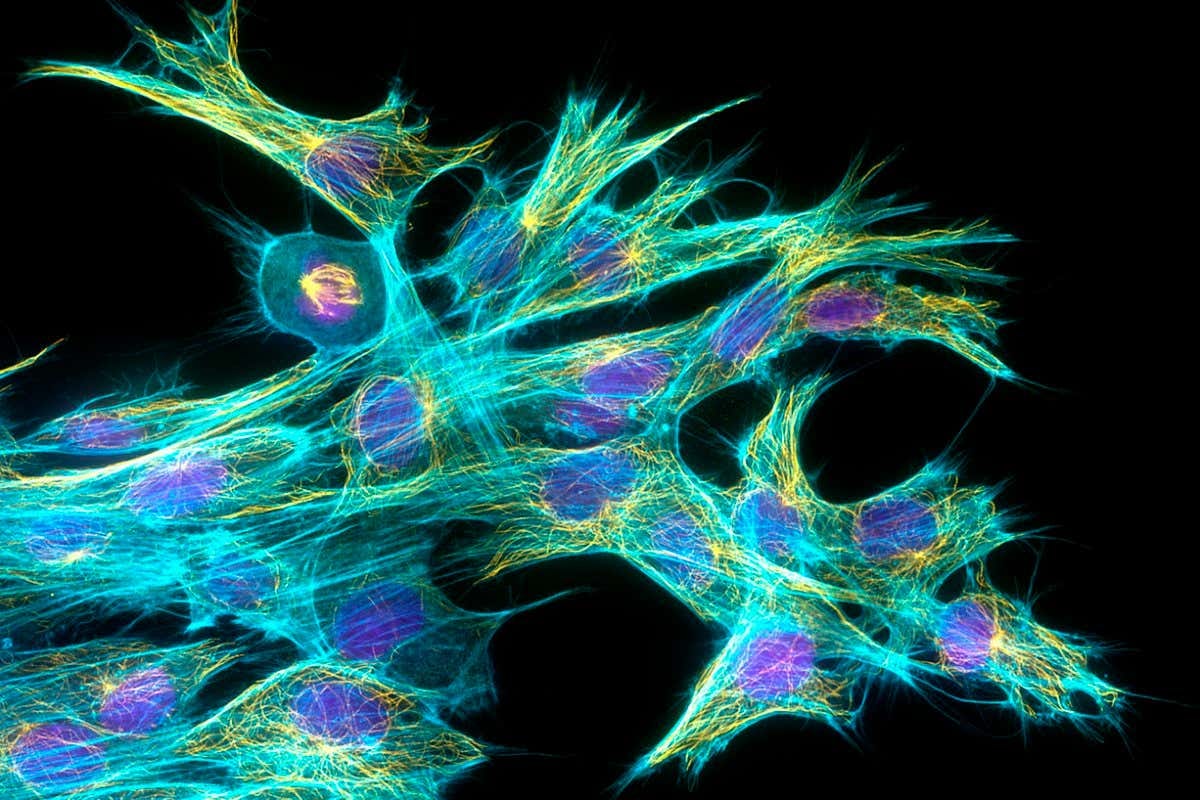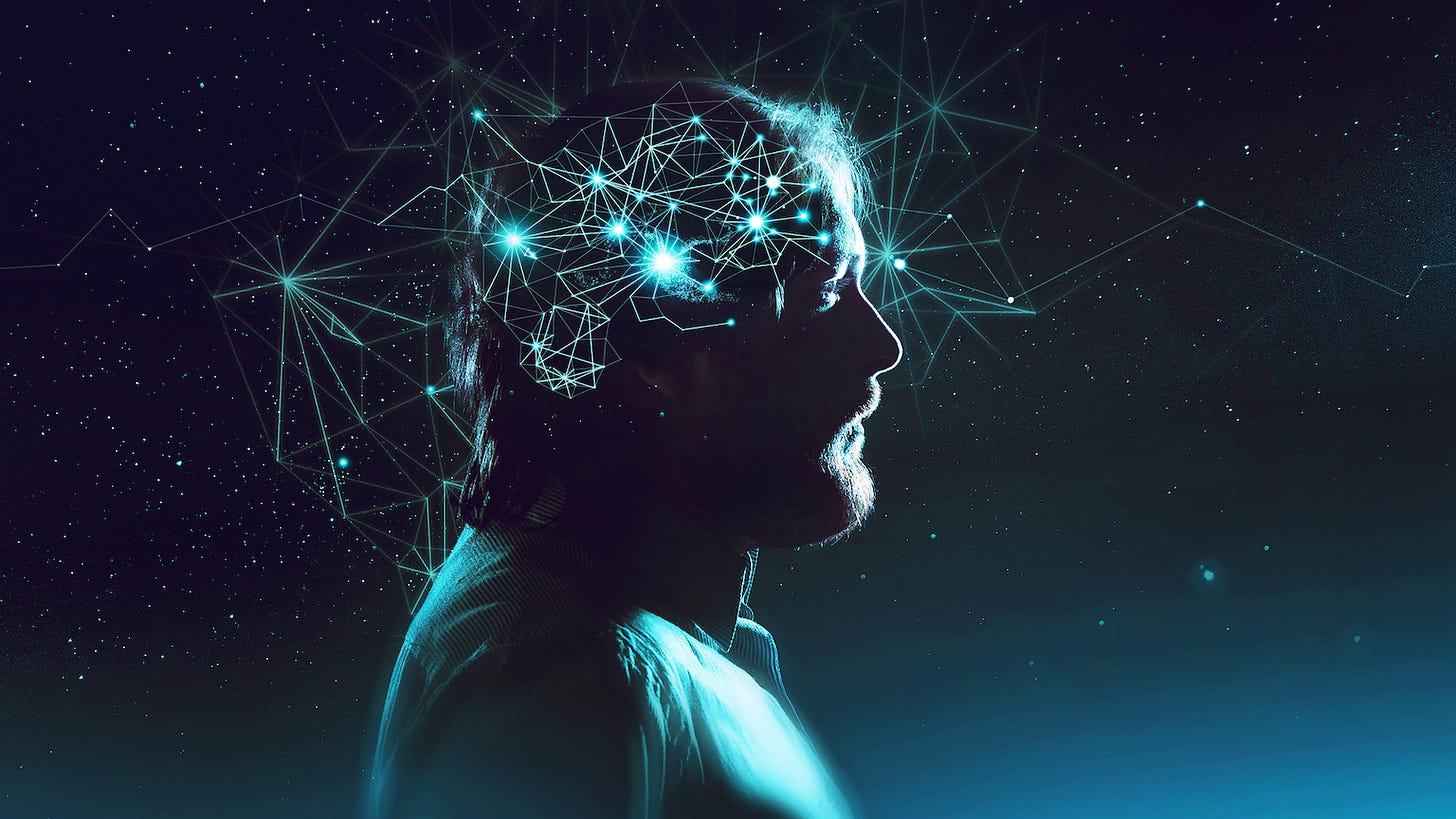What Is Consciousness? Exploring One of Life’s Deepest Mysteries
There’s a question that every human being has likely asked at some point: What am I? Not in the biological sense—cells, organs, tissues—but in the conscious sense. Who is the “I” behind the thoughts?
This mystery is at the heart of the “hard problem of consciousness”—a term coined by philosopher David Chalmers to describe the difficulty of explaining why and how subjective experience arises from physical processes. How does electricity in the brain turn into thoughts, emotions, and the color red?
Today, we’ll take a closer look at the leading theories attempting to explain what consciousness is, what might cause it, and why it continues to baffle even our most advanced thinkers.
Theory #1: Consciousness as an Emergent Property of the Brain
This is the most widely accepted view in mainstream neuroscience. According to this theory, consciousness arises when certain types of information processing occur in complex systems—like the human brain.
Neurons fire. Chemicals exchange. Information is integrated. Somehow, from this neural complexity, conscious awareness emerges. Proponents argue that consciousness doesn’t reside in any one part of the brain but is the result of patterns of activity across networks—particularly in areas like the prefrontal cortex, thalamus, and parietal lobes.
But critics of this view point out: you can map brain activity all day long, and you still won’t find the thing that feels like being you. Explaining neural correlates of consciousness isn’t the same as explaining consciousness itself.
Theory #2: The Quantum Consciousness Hypothesis
Here’s where things get weird.
Some theorists, most notably physicist Sir Roger Penrose and anesthesiologist Stuart Hameroff, propose that consciousness arises from quantum processes inside the brain—specifically within microtubules, tiny structures inside neurons.
Their theory, called Orchestrated Objective Reduction (Orch-OR), suggests that consciousness is a fundamental feature of the universe, not just a product of biology. In this view, the brain isn’t producing consciousness—it’s tuning into it, like an antenna for a universal quantum field.
This theory appeals to those who believe consciousness is more than just a biological accident—but it’s highly controversial. Critics argue there’s no solid evidence that quantum effects play a meaningful role in the warm, noisy environment of the brain.
Still, it raises the tantalizing question: Could consciousness be a property of the universe itself, like space or time?
Theory #3: Consciousness as Energy or Information Flow
Some researchers believe consciousness could be a form of energy—or at least tightly linked to the flow of information or energy within complex systems.
This leads to Integrated Information Theory (IIT), proposed by neuroscientist Giulio Tononi. IIT posits that consciousness corresponds to the degree of integrated information in a system—symbolized as Φ (phi). The higher the integration, the greater the consciousness.
This theory opens up the possibility that many systems (even non-human ones) could possess some form of awareness, depending on how much information they integrate. It also aligns with panpsychism—the ancient idea that consciousness is a fundamental aspect of reality, present even in atoms and particles, to a very tiny degree.
Theory #4: Consciousness as an Illusion
Some philosophers and cognitive scientists argue that consciousness might not be real in the way we think it is. According to this view, often associated with thinkers like Daniel Dennett, what we call consciousness is just a clever trick the brain plays on itself.
It’s an illusion—a narrative or user interface that helps the brain organize its processes efficiently. Like a computer desktop, consciousness is a simplified way of interacting with something far more complex underneath.
This view is provocative, but unsettling. If consciousness is an illusion, who or what is being fooled?
The Big Question: Is Consciousness Primary—or a Byproduct?
At the heart of all this is a fundamental divide: Is consciousness produced by the brain—or is it something more fundamental, that the brain simply channels?
Materialist models claim it’s all just neurons and noise. But alternative views suggest that consciousness might be built into the very fabric of reality—a “field” like gravity or electromagnetism, something we tap into but do not create.
Why It Matters
This isn’t just a philosophical debate. How we define consciousness affects how we treat animals, design artificial intelligence, and even make end-of-life decisions. It touches ethics, identity, spirituality, science, and technology.
If we ever truly solve consciousness, it might not just reshape science—it could redefine what it means to be alive, to be aware, to be you.
Until then, we’re all still wondering: Who’s asking the question? And why does it feel so real?
If you enjoyed this article and want more explorations into consciousness, philosophy, science, and everything in between, consider subscribing and joining the conversation. What do YOU think consciousness is—and where does it come from?



